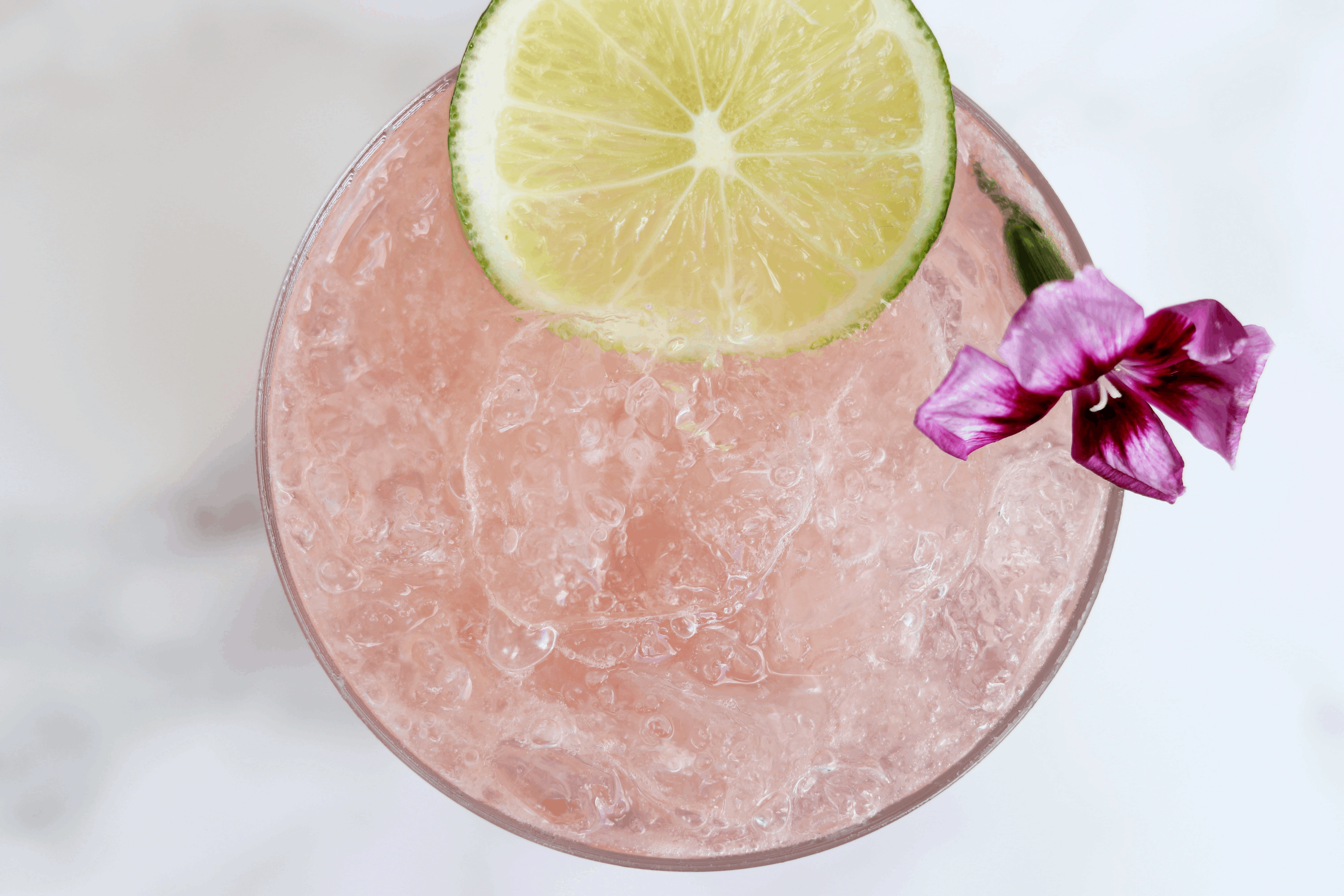Does a sober lifestyle really make you the boring friend?

Perhaps as a result of Britain’s undeniable binge-drinking culture, it seems today that those who opt for a sober lifestyle or are venturing down a path of sober-curiosity earn themselves the title of being ‘The Boring Friend’. Although humans are natural hedonists, it seems unreasonable to suggest that ultimate pleasure and drinking must go together - leaving me to beg the question of why does sobriety lead people to these common misconceptions?
As someone who has had a somewhat turbulent relationship with alcohol myself (and by turbulent, I mean both heavily indulging in the binge-drinking phenomenon throughout my teenage years and university but go on to discover the crippling affects alcohol can produce), I, too, have been labelled ‘boring’, or even ‘an idiot’, for choosing a partially sober lifestyle. It is no secret that the British can drink many people under the table - meaning University is often an invitation to continue to do so - and is, seemingly, part and parcel of the lifestyle. Whilst I cannot deny the fun I had at university and, honestly, feel no regret towards exhausting the party-lifestyle, realising the detrimental effects alcohol can have on someone both mentally and physically at the ripe age of 22, is eye-opening to say the least. Shortly before my 22nd birthday, in my final year of University, I subconsciously took it upon myself to go on what Gen-Z like to call a ‘bender’. As a result, every night out I went on became a mission to get as drunk as humanly possible - meaning, as much as my 5ft2 body could physically manage - and, unsurprisingly, these nights were an entire blur. The only memories I’d have of the previous night were an empty bank account, a sickeningly sharp headache and half my make up still smeared across my face. Whilst this may sound rather mundane to most people my age, during this time I also began to discover the raw feelings of anxiety - something I’d never really encountered prior to this - and, as I am sure many of you are only too familiar with, alcohol and anxiety are certainly not a match made in heaven. Frankly, I began to despise drunk Flora; she is (in my opinion) obnoxious, loud, brash, irritating and dangerously reckless with Apple Pay, yet I was the only person permitting this version of myself - a rather bleak and contradictory realisation. I began to tire of waking up every Sunday shaking with anxiety, sweating, sleep-deprived, ashamed and filled with self-loathing — not to mention the number of messages I would have to send to check my friends still liked me after the night prior (luckily, they all said they did). I could no longer ignore the extreme anxiety I would be left with for days after drinking, the undeniably depressive state I would allow myself to be in as a result, and, finally, I realised there is only one real solution to all this: to cut down on drinking. Truthfully, I didn’t have the courage to take that leap whilst still at university - since it was deemed the predominant beacon of fun - so, I ventured down the path of sober-curiosity. Over a year later, I am sat writing this article having completed Sober October, had an alcohol-free New Year’s Eve, and (almost) established a relationship with alcohol in which I am fully in control of. I suppose a rather ‘Rome wasn’t built in a day’ cliché, but the same applies to sobriety, and the choice of a sober/sober-curious lifestyle is not always as simple as being ‘boring’ and, in fact, can be a complex road to drive down.
So, that leads me to circle back to being labelled as ‘The Boring Friend’. As mentioned, the world we live in appears to hold the consensus that alcohol is the glue that holds society together and the optimum means of having fun. Of course, ‘fun’ is entirely subjective, but to many, alcohol is objective. Alcohol can be many things: a friend, a stress-reliever, a manager, a pain-relief, a seducer, an instigator, a voice, an escape. But one thing finite element of alcohol is that it is a depressant that leaves most users with an inescapable hangover. We’ve all woken up one Sunday and swore we will ‘never drink again’ and, surprise surprise, are drunk by 9pm the following Saturday, to which no one batters an eyelid. This leads me to question, therefore, why someone that follows through with this statement is, in turn, frowned upon. If, for example, someone was outwardly not drinking, let’s say those who are driving or pregnant — as a collective, people who cannot drink alcohol - there would be no objection to their sobriety whatsoever, so, why are those who choose sobriety (which is an altogether invisible choice) labelled ‘boring’?
By no means am I claiming to be holier than thou, nor am I claiming I’ll never have too many drinks again in my life, but I have noted several reasons people may disregard the sober friend through my own shifted relationship with alcohol. Firstly, it comes as no surprise that drunk people love drunk people; our inhibitions are lowered, our sense of humour is extended and our confidence is unmatched. Who can tell a girl you’ve never met and are suddenly sharing a toiler cubicle with you “love them and will HAVE to go for brunch tomorrow” sober? No one – and there is nothing wrong with that. So, naturally, those that are drunk will of course side with others that are drunk so that they can enjoy and embarrass themselves in equal measure and, thus, the sober friend – whom still has their inhibitions and a sense of sensibility – may opt for the more conservative approach to the night and become the boring friend. While this may all sound obvious, it leads me onto my next observation: drunk people ‘fear’ the sober friend. From what I have learned over the past year, it seems drunk people take most notice of the opinions of those that were sober around them, since it’s reasonable to assume they are the ones that remember the night, meaning the sober friend is suddenly weighted with power. Again, what I’m saying is entirely subjective and observational, but it feeds into the rejection of a sober lifestyle further. Sober friends could remember the goings-on of the night, meaning they can then pass that information onto those that don’t – and, voila, rumours are spread, and a power dynamic is established. It’s not to say those that are sober invariably act with malice – or even act at all – but the mere thought of knowing someone else remembers your drunk actions combined with a hangover can only lead to spiralling anxiety. So, a friend that won’t engage in drunken antics AND is able to relay that blur of the night suddenly becomes a figure of resentment to those that were drunk.
Writing this now, I’d be lying if I said summer days and good music doesn’t give me the sudden urge to drink a few Aperol Spritz’s in the sun. However, I can proudly say I haven’t been “drunk drunk” for over a year now, meaning I haven’t felt the gut-wrenching hangxiety that frequented my bed and body every Sunday for the last few years.
It’s also not to say I’ll never get drunk ever again — I suppose the answer is that I just don’t know — but what I can say is that finding a relationship with alcohol that no longer imbalances mental health entirely is one of the biggest, and most valuable, lessons I could’ve possibly learned thus far.
Like this project
Posted Jun 12, 2023
A personal journey of sober-curiosity
Likes
0
Views
10






